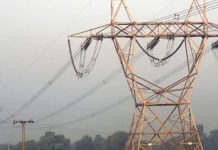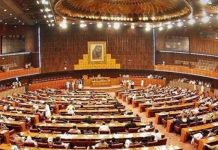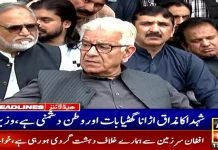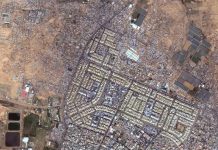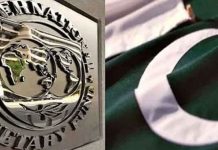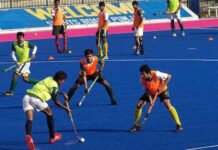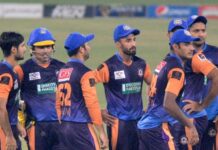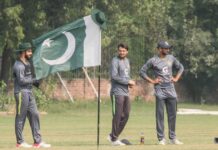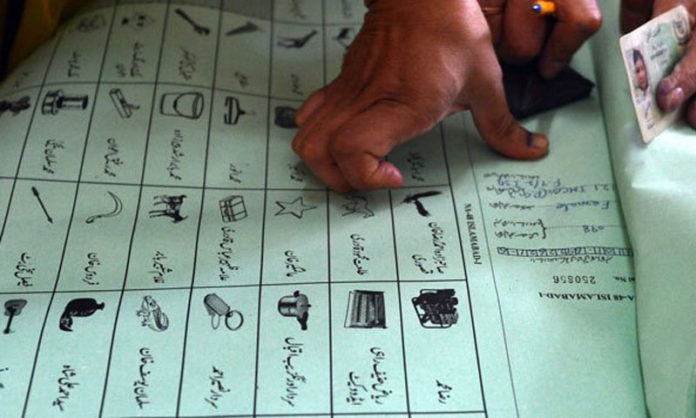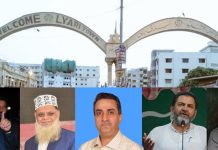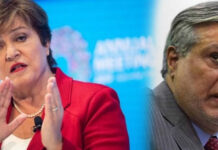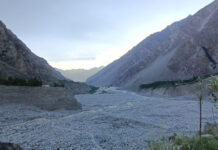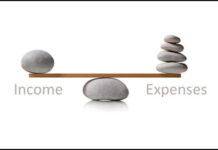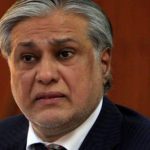Being an analyst of unsettled Pakistani politics, I am very well convinced that the conventional politics in this country is going to take a dramatic shift after the upcoming elections of 2018 in Pakistan. To make this certain, the power quarters of the State using the democratic moves this time, have stopped all the possible ways of political alignment between the two major parties as there is no doubt that Pakistan is politically polarized today and there are serious questions about the integrity of the leadership of the two major political Parties. (PML-N & PPP).
Thus, the dice are very much loaded in Imran’s favour only because he is still not tried and tested in the federal politics yet and, short of a great electoral surprise, he is likely to be the next prime minister of Pakistan. The recent series of extra ordinary events have also sent out a clear signal to the country’s ruling class that the traditional politics is over in this country; hence it would be futile to support such operators in the current scenario.
However, at the same time the last 3 weeks in the political frame of the country had seriously damaged Imran’s politically struggle of two decades due to the public perception of favoritism from the concern quarters, ofcourse this will not hinder his way to lead the country this time but it is very much obvious that he has to face a strong opposition because of his ‘controversial debut’ in the federal politics and in order to carry a smooth sail he will need to take PPP onboard at some point. Without the help of such a democratic force Imran’s survival in the traditional Pakistani politics will be on stake and this will be the biggest test case for PTI soon after polls i.e. how the party will manage to get PPP’s support without compromising their stance on corruption as the upcoming general elections will most likely lead to a hung parliament. In the absence of alliances, it will be a challenge for any political party to form a government in Punjab mainly, where the PML-N has traditionally maintained a stronghold.
However, the senate elections suggest that opposition parties may be headed towards forming coalitions in time for the general elections, where religious parties and independent candidates remain important players. In such a fragmented political climate, the majority seat holders will still need support from smaller regional and religious parties to form a cohesive government in Punjab.
Another significant development is the emerging cooperation between Chaudhry Shujaat Hussain’s PML-Q and the PTI. Hussain’s PML-Q played a critical role as kingmaker for almost a decade during the Musharraf era, as it aligned itself with the then-President, and has reciprocally supported the PTI during the recent senate elections.
Although the Sharif family wields considerable influence in Punjab, the rise of the religious right could easily create problems for the PML-N. The revival of MuttahidaMajlis-e-Amal (MMA), an alliance of religion-affiliated political parties, fronted by the Jamaat-e-Islami (JI) and Jamaat Ulema-e-Islami (JUI), who contested the 2002 elections, managing to attain the third-highest number of votes ahead of the PML-N in parliament, would also contribute well for the downfall of Sharif’s Empire in Punjab. The MMA’s performance during the two previous elections has made religious political parties realize that “there is strength in unity,” hence their decision to form an alliance ahead of the 2018 elections, allowing like-minded parties to attain a majoritywherever possible, instead of contesting separately and attaining a smaller support base, as a result. These parties have chosen to band together in response to the leftist, secular parties’ unwillingness to align themselves with religious parties, and more extremist factions popping up in provinces like Baluchistan.
Whereas the new factions in the religious politics with their popular slogan ‘pain di siri – Head of the sister’ is also going to prevail in few districts of Punjab massively and Mr. Rizvi &Company will definitely get his shares in centre this time and most likely the people of Pakistan will soon hear the popular slogan ‘pain di siri – Head of the sister’ in the forth coming parliament this time.
Punjab’s electorate swings are always towards the power epicenter;therefore the winning horses with local clout, ‘electables’, have also been shifted towards PTI, thereby denuding the support that Sharif and his party enjoyed.
However in the light of the present circumstance one thing is very clear that whoever wins the election will not face an easy time as the next government will have to arrest the economic crisis that faces the country. The rupee has been in a free-fall, there is a balance of payments crisis and Pakistan has to resort to a stringent IMF programme that will come with a host of conditions that may initially squeeze economic as well as the democratic growth of the country.
Furthermore, the recent spate of violence has indicated that terrorism will be a major challenge again. With an unstable situation in Afghanistan and skirmishes on the India-Pakistan borders, the next government will be in an unenviable position.
Despite of all, it is for sure that July 25th would be an historic day in many aspects that will mark only the country’s second ever democratic transition of power along with a dramatic political shuffle in the country.


